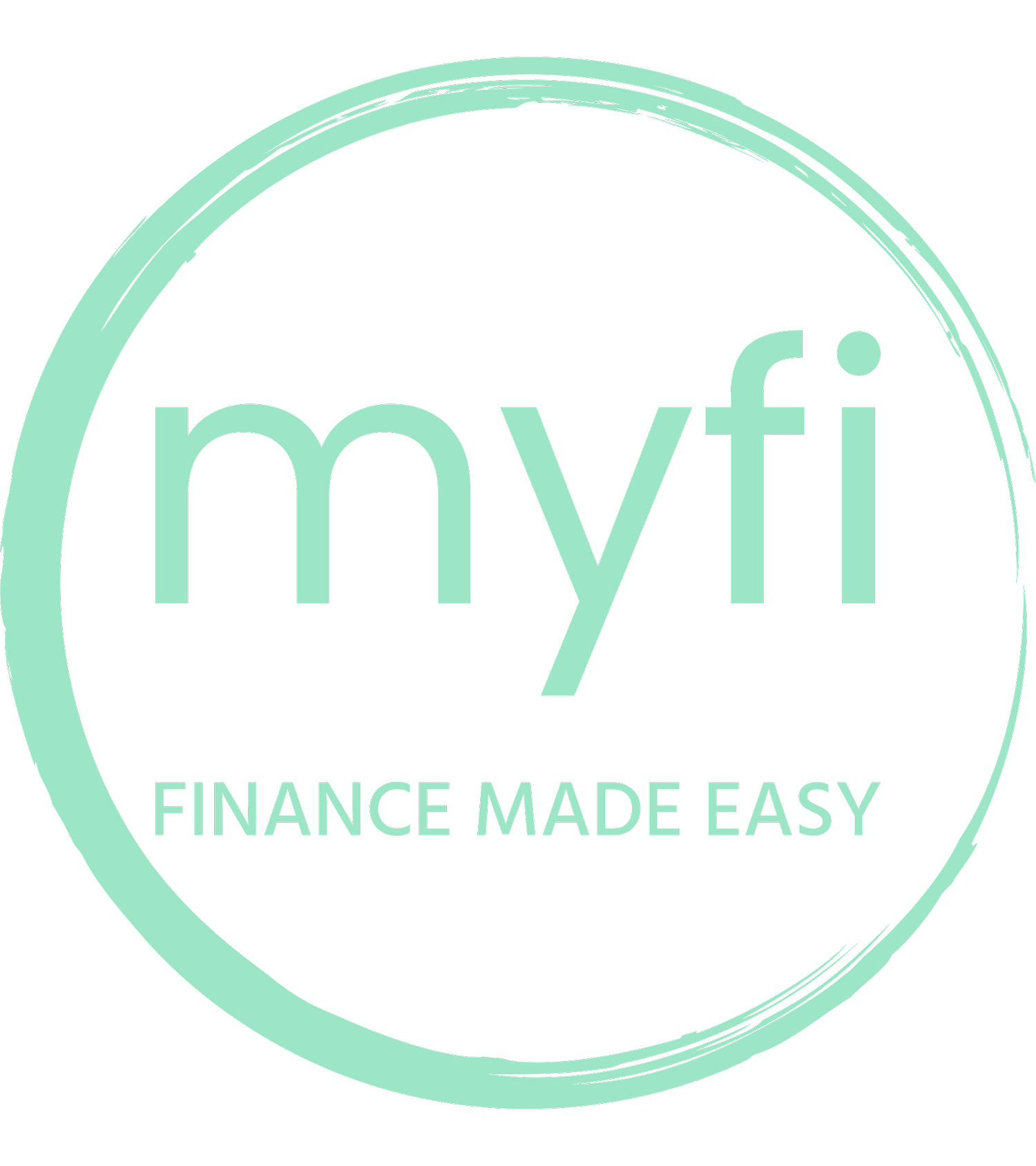Self-employed Record Keeping
Overview
If you are self-employed as a sole trader or a partner in a business partnership you must keep records of your business income and expenses for your tax return.
You’ll also need to keep a record of your personal income.
Accounting methods
You’ll need to choose an accounting method.
Traditional accounting: Traditional accounting records income and expenses on the date you invoiced or were billed.
Cash basis accounting: Small businesses with an income of £150,000 or less can use cash basis reporting.
Records income or expenses when money is received from customers or paid to suppliers. This means tax is not not paid on money that hasn’t been received yet.
What records to keep
You’ll need to keep records of:
sales and income
all business expenses
VAT if you’re registered for VAT
PAYE if you employ people
records of any personal income
any grants received
You need to keep accurate records to calculate your profit or loss for your tax return but do not need to send your records in when you submit your tax return. You must also have records available to show HM Revenue and Customs (HMRC) if requested.
Documents to keep
Types of documents to keep as records include:
receipts for goods and stock
bank statements, cheque book stubs
sales invoices, till rolls and bank slips
Traditional accounting requires additions record keeping, which includes:
amounts you’re owed but have not received yet
amounts you owe but have not paid
stock and work in progress values at the end of your accounting period
year end bank balances
amounts invested in the business in the year
amounts withdrawn from the business
How long to keep accounting records
You must keep your records for at least 5 years after the 31 January submission deadline of the relevant tax year.
If you send your tax return more than 4 years after the deadline, you’ll need to keep your records for 15 months after you send your tax return.
What if records are lost, stolen or destroyed?
Try to replace any lost, stolen or damaged records but if this isn’t possible use your best estimate of the figures. When you file your tax return you must tell HMRC if it includes:
estimated figures - your best guess when you cannot provide the actual figures
provisional figures - your temporary estimated figures while you wait for actual figures
myfi: accountancy and tax experts offer advice across the UK including Bedfordshire, Buckinghamshire, Cambridgeshire, Greater London, Hertfordshire & Milton Keynes. Talk to us today.
